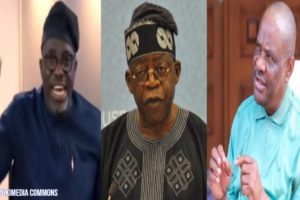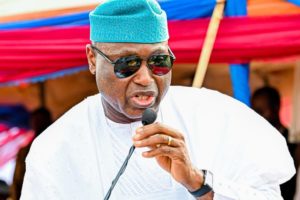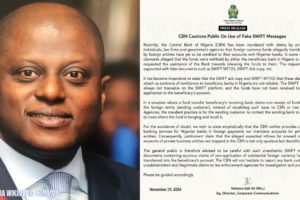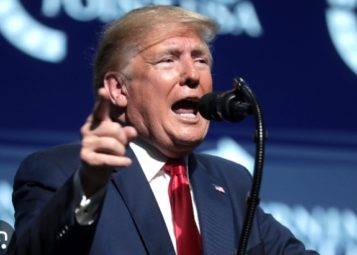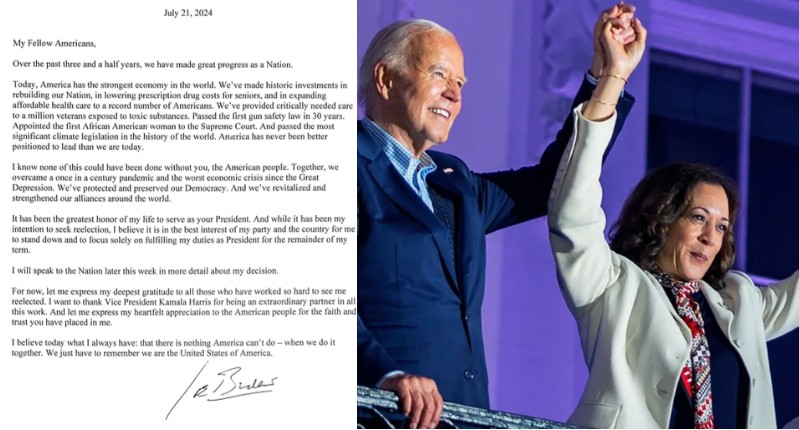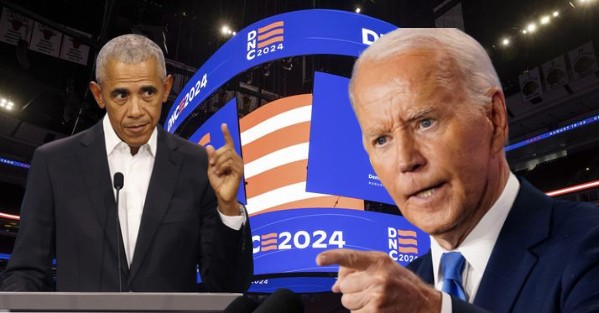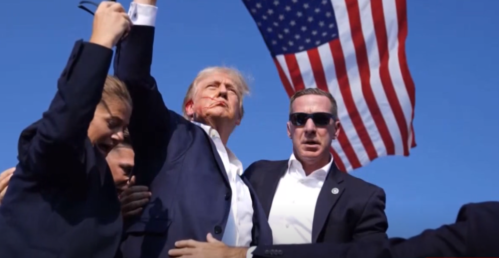former President Donald Trump, a federal court has dismissed his assertion of presidential immunity from prosecution concerning his involvement in the January 6th insurrection. The ruling comes as a stark reminder that no one, not even the highest office holder, is above the law. Trump’s reaction to this ruling, however, has been nothing short of frantic, underscoring the gravity of the situation he now finds himself in.
Trump’s response, conveyed through his preferred platform, Truth Social, was characterized by a palpable sense of panic and desperation. He adamantly argued that a president must enjoy “Full Immunity” to effectively carry out their duties for the good of the country. Such a claim, however, is not only legally baseless but morally reprehensible, especially in light of his incitement of the violent assault on the Capitol.
Trump’s Fear-Driven Tirade Reflects Deep Concerns
The tone of Trump’s tirade unmistakably reflects his deep-seated fear of accountability and legal consequences for his actions. By insisting that the court’s ruling be overturned to “save presidential immunity,” Trump reveals his desperation to evade justice and continue operating above the law. His assertion that the ruling poses a threat to the presidency and the nation’s well-being rings hollow, serving merely as a thinly veiled attempt to shield himself from accountability.
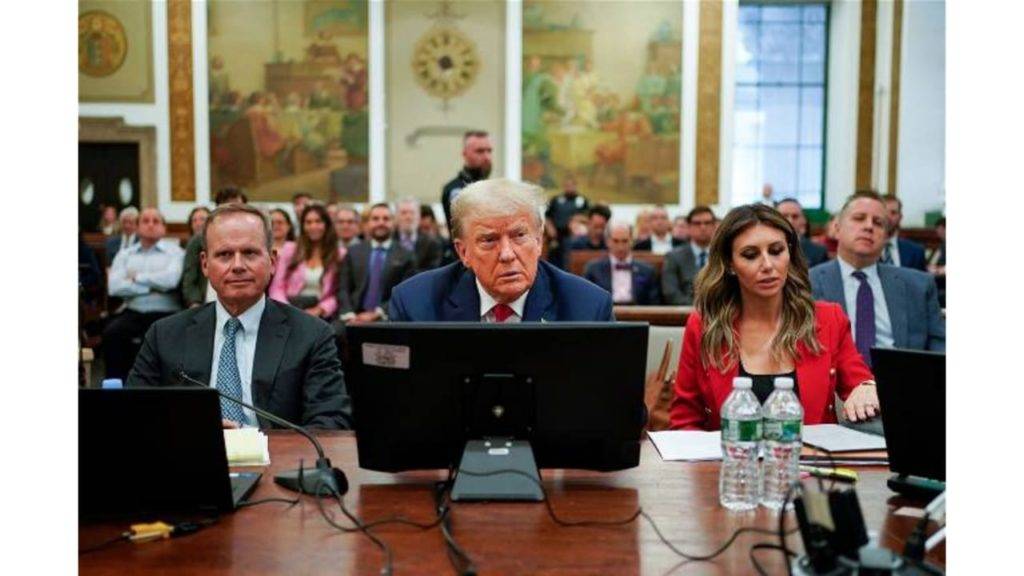
Furthermore, Trump’s attempt to portray himself as a victim of political persecution is disingenuous at best. His reference to facing “vicious retribution” and being a target of “election interference” conveniently overlooks the gravity of his own offenses and the broader implications for democracy. The notion that holding a president accountable for unlawful actions equates to “election interference” is a dangerous distortion of reality, emblematic of Trump’s disregard for democratic norms and the rule of law.
Upholding Accountability: A Pillar of Democracy
The court’s rejection of Trump’s claim of presidential immunity reaffirms a fundamental principle of democracy: no individual, regardless of their position of power, is exempt from accountability under the law. Trump’s attempts to undermine the rule of law and portray himself as a victim only serve to underscore the importance of upholding accountability and safeguarding the integrity of democratic institutions. As the legal proceedings unfold, the nation will be closely watching to see whether justice prevails or whether the forces of impunity succeed in their efforts to evade accountability.
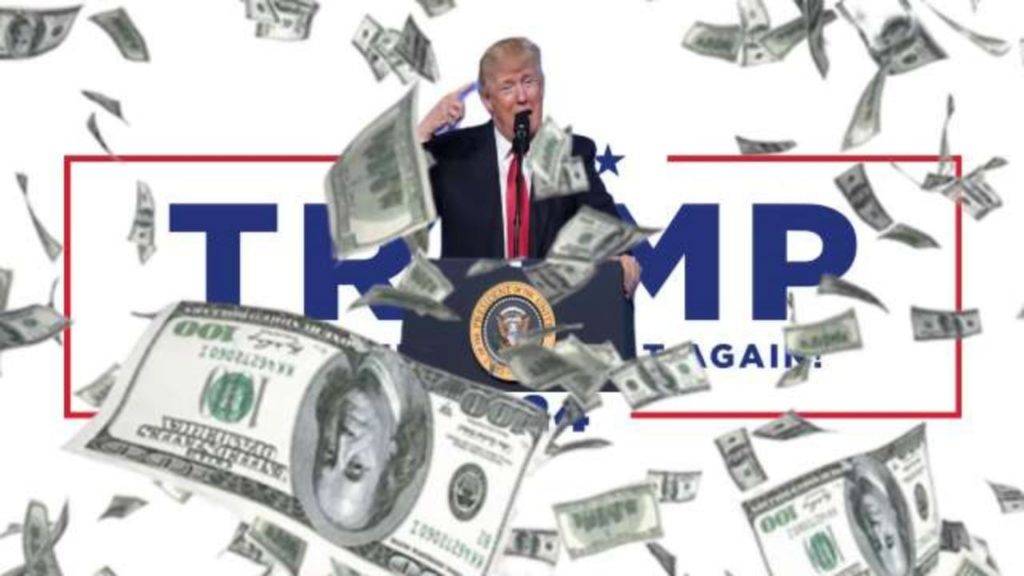
Unprecedented Ruling Puts Accountability Over Immunity
In a landmark decision, the US federal appeals court unanimously ruled against former President Donald Trump’s claim to presidential immunity in the Jan 6 case, marking a significant shift in legal precedent. The court’s scathing rebuke of Trump’s immunity claim highlighted the severity of his alleged efforts to overturn the 2020 election, deeming them an “unprecedented assault on the structure of our government.”
The panel of judges underscored the paramount importance of accountability, particularly when it comes to holding a potentially criminal president liable for their actions. Despite concerns about the potential chilling effect on future presidents, the court maintained that the public interest in accountability outweighs any perceived negative impacts on the presidency. This ruling sets a clear precedent that the presidency does not grant immunity from criminal prosecution, particularly in cases of alleged wrongdoing that threaten the integrity of the democratic process.
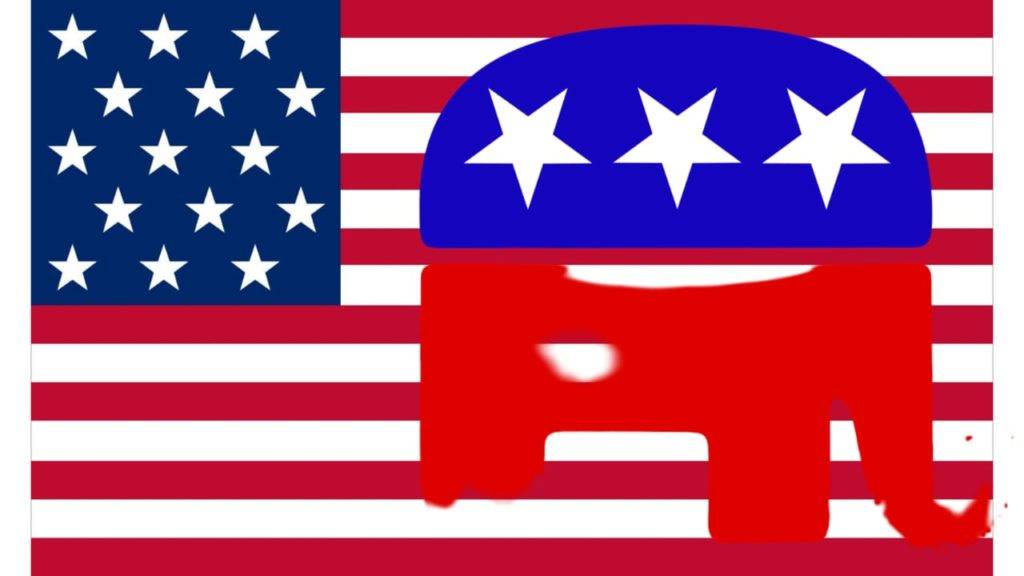
Fear of Indictment Versus Presidential Duties
Trump’s legal defense argued that the fear of indictment could hinder future presidents from fulfilling their duties, suggesting that the prospect of facing criminal charges for official acts could lead to hesitancy in decision-making. However, the panel of judges swiftly dismissed this argument, emphasizing that accountability must take precedence over potential concerns about the functioning of the presidency.
By rejecting Trump’s claim to immunity, the court has established a critical precedent for future cases involving criminal allegations against sitting or former presidents. The decision underscores the principle that no individual, regardless of their position of power, is above the law. As Trump prepares to appeal this ruling, the specter of accountability looms large, raising questions about the potential legal consequences for his actions during his presidency.
Table of Contents
Discover more from OGM News NG
Subscribe to get the latest posts sent to your email.






